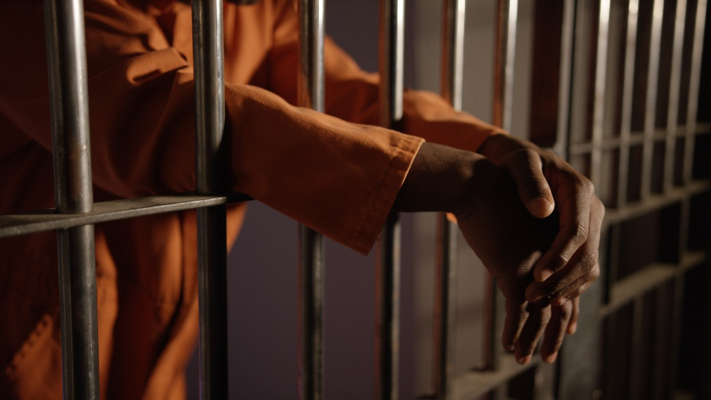
Returning to DC from incarceration often means coming home to homelessness. A majority of DC individuals experiencing homelessness—57 percent—have been incarcerated, according to a 2019 assessment, and 55 percent reported that incarceration caused their homelessness. This means that almost one-third of individuals who experience homelessness in DC connect it to their incarceration. Recognizing this huge need, DCFPI’s new report, “Coming Home to Homelessness: Policy Solutions for Returning Citizens,” recommends steps to help returning citizens avoid homelessness, and to quickly exit homelessness if they experience it.
Returning citizens[1] typically have low incomes and face the same housing challenges as other District residents with low incomes, but they also face unique challenges:
- Returning citizens experience mental health problems at higher rates than other residents.
- Being separated from family and community while incarcerated leads to weaker bonds, leaving many with no one to stay with upon release.
- Most are released from prison without any savings and without a job, and thus lack funds for housing application fees, security deposits, and rent.
- Returning citizens also face high rates of discrimination in the housing market, even though this discrimination is illegal.
Securing housing is both the most important need and biggest challenge for returning citizens. Housing establishes stability for employment, substance abuse, and mental health treatment.”[2] When basic needs like housing aren’t met, “individuals are at greater risk of returning to crime and being reincarcerated.”[3]
The report’s recommendations reflect research but also direct input from returning citizens, service providers, and government officials.
The housing and shelter recommendations include:
- Creating a new program to connect returning citizens with loved ones and offering financial assistance and services to support these living arrangements.
- Creating medium-term housing options, in recognition that the first years following incarceration are especially important and that the risk of recidivism is highest in this period.
- Prioritizing returning citizens with high service needs and high likelihood of recidivism for Permanent Supportive Housing (PSH), DC’s program for residents with high service needs.
- Creating shelter beds especially for returning citizens with services to meet their unique needs.
Beyond housing, the other recommendations are:
- Strengthening mental health services by ensuring mental health providers are part of discharge planning and that services are available for all who need them.
- Helping individuals find and keep employment.
- Preparing individuals for return by connecting them to loved ones and DC service providers while still incarcerated. The days and months following release are key to success, so these connections need to be available immediately.
Finally, the District needs a strategic plan to tackle homelessness among returning citizens that includes a needs assessment and that assigns roles and responsibilities to the many government agencies involved in reentry.
While it would be an expensive undertaking, taking full control of our criminal justice system would make it easier to solve many of the problems outlined. “Coming Home to Homelessness: Policy Solutions for Returning Citizens,” DC would create its own courts, prison, halfway houses, and parole system. The city would also control prison and halfway house programming to ensure that each inmate has access to mental health services, education, employment, and housing location assistance.
By implementing these recommendations, the District can put returning citizens on the path to success.
[1] DCFPI uses the phrase “returning citizen” to describe the people around whom this report centers because it is the preferred terminology in the District among people who have been directly affected by involvement with the justice system.
[2] Maya S. Kearney, M.A.A, “Ethnographic Assessment of the DC Mayor’s Office on Returning Citizen Affairs,” The Cultural Systems Analysis Group, University of Maryland, revised 2015, p. 17.
[3] Kearney, p. 14.
